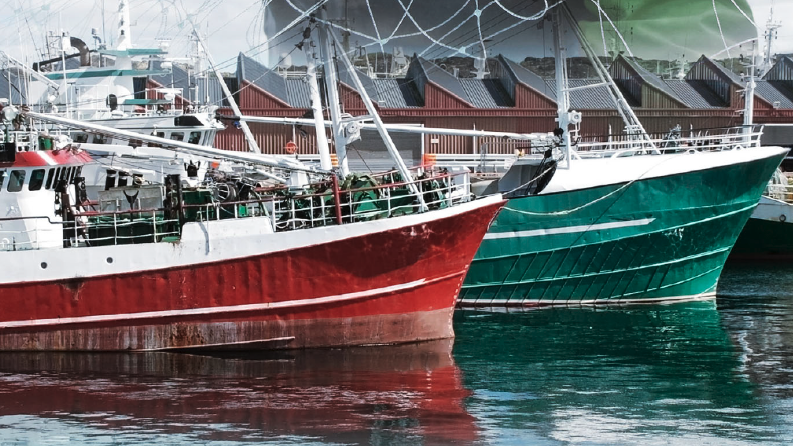In 2018 the Clean Technology Centre continued its work on the Green Seafood Programme of Bord Iascaigh Mhara (BIM). CTC has been working with BIM on this programme since 2010.
Having now worked with over 20 different seafood processors, CTC has significant sectoral knowledge and expertise. A key aspect for proactive interventions of all of the businesses engaged with to date is the availability of time and personnel to work on the resource efficiency process. The process by which companies are engaged with and, more importantly, followed up with, has improved the engagement levels compared with the earlier years of the programme.
However, notwithstanding the follow on support from BIM, there are still issues with converting identified options into realistic projects. The Green Seafood team has endeavoured to address this by changing the reporting format to make it more individual project based. While this has improved the focus, the implementation of improvement options requires more post visit support as well as financial support.
This phase of the programme will continue the ongoing support that CTC provides to existing participants as well as bringing the experiences from the previous phases to new participants. The combination with the Green Business Programme and Origin Green has been an excellent cooperative approach, and will be continued.
Green Seafood Business is now relatively well established within the sector and an effective and efficient process by which the service is provided. However, there is always a need for businesses to receive training and access to support materials for their internal use to ensure continual improvement. Continual improvement is a core element of Origin Green so there will be an on-going need for development of materials and tools to aid Irish seafood processors improve their processes. In fact, many of the initial companies that participated in Origin Green will be due to update their Environmental Management Programmes (EMPs) so, to that end, the assistance of the Green Seafood Business Programme will be very important.
The proposed work includes working with the BIM team completing desktop analysis of different issues (e.g. re-designing process lines), on-site assessments, improvement reports (tailored to specific projects) and completing detailed cost-benefit analysis on any potential improvement projects identified. This will be targeted at both existing and new companies to the Green seafood programme.
The engagement model is an important aspect that needs to be improved and once the project based reports have been produced the team, including BIM, will review these prior to re-visiting the site. This will allow the team to determine the best course of action for converting the identified options into actual projects that are taken up by the businesses. Then the project team will present the project options to the companies’ management. Based on this meeting it is envisaged that one project will be selected and the business will receive support (both technical and financial) to see this project to fruition. Through such a continual engagement model it is hoped to ensure the time invested through Green Seafood is of use to the companies and that real change is enacted and measures.
Details of the Green Seafood Programme are available on the BIM website here.

